It is fair to say 2021 will go down as one of the good years for Tipperary Co-op. Revenues were up, profits were up, debt was taken down and it’s all systems go for its new powder drying facilities.
At the end of June, the board of directors of Tipperary Co-op signed off on the 2021 financials, effectively signing off on the first full year with the new drying facilities operational. In 2020, they had a lot of the additional costs and little extra output.
The financial year 2021 was supposed to be the financial year Tipp predicted for 2020 but when the company supplying the dryer went out of business the financial year 2020 became a difficult one for the Tipp outfit. So what’s the Tipp business? Tipperary Co-op in the past has been primarily a cheese business. However, it is fair to say that cheese is now a smaller part of the overall volume of business and milk powders are now the core product. The numbers show that.
In 2021, Tipp grew powder volumes to almost 39m tonnes, up from 25m tonnes the year previously, a 56% lift. Butter also grew, up 17% to 20.9m tonnes from 17.9m tonnes.
Total tonnage of product produced is up almost 16% on 2020 with over 64m tonnes of powders, cheese and butter sold. So that’s the wholemilk volume piece. The financial piece is that the cheese business is still probably more valuable to Tipperary as a commodity than either powder or butter on its own. So a lot of the powder increase is likely to be lower valued skim milk powder, but the “powder and butter mix” is performing financially and has performed better than other lines for Tipp of late.
The fact of the matter is Tipperary now has choices. In the past, it didn’t. Tipp is also a big player in buttermilk for itself and for Ornua.
Tipperary has a supply base of 380 suppliers delivering about 195m litres annually.
It processes and purchases an additional 105m litres and has capacity to probably process twice this volume.
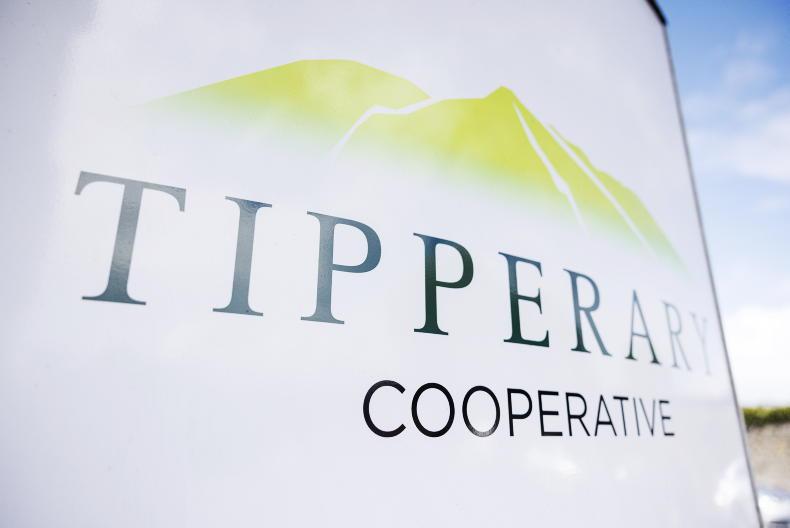
Tipperary Co-op headquarters. \ Donal O'Leary
Of late, Tipperary has stretched outwards from its core catchment base picking up milk supply in further to reach areas to help underpin supply.
Tipp Co-op is on a recruitment drive and needs milk to make the investment in steel pay.
Tipp’s own milk supply (Figure 1) has grown in the last five years. So, yes, total milk processed in 2021 has been the highest ever at 310m litres.
However, in 2017, it processed 280m litres and in the meantime it has invested over €56m on capital development.
Up to now, it has been able to take expansion milk from processors like Glanbia and Strathroy that have been under pressure to process milk. Both Glanbia and Strathroy have invested, and are investing themselves in capacity so this avenue is likely to not be as big a part for Tipp Co-op in future years.
From 2017 to 2021 turnover increased by over €90m, but trading profit for each year only shows a €2m difference.
I asked Eamon Doody, chief financial officer, why.
The cost of doing business (the same for most processors) has increased.
Doody said: “Similar to most processors we had higher fuel and energy costs for the back end of 2021. The full-year effect of the increased energy cost won’t be apparent until 2022 is finalised.
“Our predictions are that the combined fuel and energy bill of €7m for 2021 will rise closer to €14m for full year 2022.”
Wages and salaries have also increased over the five-year period for Tipp Co-op, rising from €10.5m to €13.6m.
Doody said: “Much of this was as a result of increased staff numbers with the new dryer in 2019-2020 and a different configuration of staff to manage higher staff numbers.”
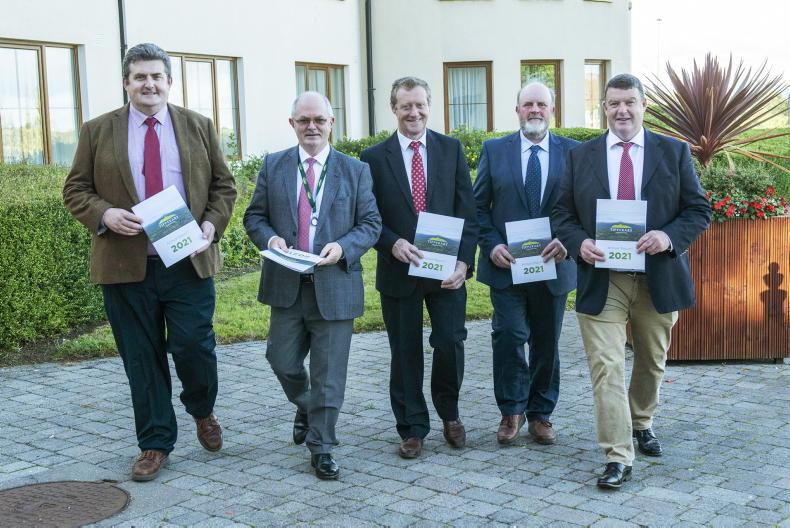
Eamon Doody, chief financial officer; John Daly, CEO; William Ryan, chair; William Meagher, vice-chair; and Padraig Kennedy, secretary; at the Tipperary Co-op AGM at Ballykisteen, Co Tipperary. \ O'Gorman Photography
The cost of environmental compliance has also increased in the last five years to keep Tipp Co-op on the right side of the law. Many of these costs are classified as “other expenses”, which has lifted from €10m in 2017 to €15.2m in 2021.
Earnings before interest, depreciation, tax and amortisation (EBIDTA) are up to €12.6m in 2021.
This is the first full year of the new Tipp Co-op business model and if nothing else it shows that the model can work. Tipp Co-op is slightly different to other co-ops in that it purchases a significant portion of milk from other processors. For results just published, Tipperary’s own suppliers delivered 195m litres (63%) of the total 309m litres processed.
Not many other Irish milk processors have spare capacity to process milk. Much of the future success of Tipperary will depend on what further restrictions the Department of Agriculture brings down on Irish dairy farmers regarding livestock reductions to meet environmental regulations.
To deliver for shareholders, Tipperary still has to be run efficiently and managed well. Some of this is getting outside of management control and dependent on geopolitical situations in other countries.
Net debt at €43m is still high for the size of the business. However, the term debt repayment plan is on track according to management. When we compare to some of the other processors net debt per litre processed is high, but management is confident the business can sustain it.
The challenge for management is to manage the expectations of board directors in terms of delivering a competitive milk price, while meeting business goals. Increasing costs are a challenge. You can see in Figure 2 the cost of sales is increasing and this excludes energy, wages and environmental management costs which in total reached €43.5m in 2021, up from €29m in 2017.
Add this to the direct cost of purchasing milk and what’s left is very small.
It is fair to say 2021 will go down as one of the good years for Tipperary Co-op. Revenues were up, profits were up, debt was taken down and it’s all systems go for its new powder drying facilities.
At the end of June, the board of directors of Tipperary Co-op signed off on the 2021 financials, effectively signing off on the first full year with the new drying facilities operational. In 2020, they had a lot of the additional costs and little extra output.
The financial year 2021 was supposed to be the financial year Tipp predicted for 2020 but when the company supplying the dryer went out of business the financial year 2020 became a difficult one for the Tipp outfit. So what’s the Tipp business? Tipperary Co-op in the past has been primarily a cheese business. However, it is fair to say that cheese is now a smaller part of the overall volume of business and milk powders are now the core product. The numbers show that.
In 2021, Tipp grew powder volumes to almost 39m tonnes, up from 25m tonnes the year previously, a 56% lift. Butter also grew, up 17% to 20.9m tonnes from 17.9m tonnes.
Total tonnage of product produced is up almost 16% on 2020 with over 64m tonnes of powders, cheese and butter sold. So that’s the wholemilk volume piece. The financial piece is that the cheese business is still probably more valuable to Tipperary as a commodity than either powder or butter on its own. So a lot of the powder increase is likely to be lower valued skim milk powder, but the “powder and butter mix” is performing financially and has performed better than other lines for Tipp of late.
The fact of the matter is Tipperary now has choices. In the past, it didn’t. Tipp is also a big player in buttermilk for itself and for Ornua.
Tipperary has a supply base of 380 suppliers delivering about 195m litres annually.
It processes and purchases an additional 105m litres and has capacity to probably process twice this volume.

Tipperary Co-op headquarters. \ Donal O'Leary
Of late, Tipperary has stretched outwards from its core catchment base picking up milk supply in further to reach areas to help underpin supply.
Tipp Co-op is on a recruitment drive and needs milk to make the investment in steel pay.
Tipp’s own milk supply (Figure 1) has grown in the last five years. So, yes, total milk processed in 2021 has been the highest ever at 310m litres.
However, in 2017, it processed 280m litres and in the meantime it has invested over €56m on capital development.
Up to now, it has been able to take expansion milk from processors like Glanbia and Strathroy that have been under pressure to process milk. Both Glanbia and Strathroy have invested, and are investing themselves in capacity so this avenue is likely to not be as big a part for Tipp Co-op in future years.
From 2017 to 2021 turnover increased by over €90m, but trading profit for each year only shows a €2m difference.
I asked Eamon Doody, chief financial officer, why.
The cost of doing business (the same for most processors) has increased.
Doody said: “Similar to most processors we had higher fuel and energy costs for the back end of 2021. The full-year effect of the increased energy cost won’t be apparent until 2022 is finalised.
“Our predictions are that the combined fuel and energy bill of €7m for 2021 will rise closer to €14m for full year 2022.”
Wages and salaries have also increased over the five-year period for Tipp Co-op, rising from €10.5m to €13.6m.
Doody said: “Much of this was as a result of increased staff numbers with the new dryer in 2019-2020 and a different configuration of staff to manage higher staff numbers.”

Eamon Doody, chief financial officer; John Daly, CEO; William Ryan, chair; William Meagher, vice-chair; and Padraig Kennedy, secretary; at the Tipperary Co-op AGM at Ballykisteen, Co Tipperary. \ O'Gorman Photography
The cost of environmental compliance has also increased in the last five years to keep Tipp Co-op on the right side of the law. Many of these costs are classified as “other expenses”, which has lifted from €10m in 2017 to €15.2m in 2021.
Earnings before interest, depreciation, tax and amortisation (EBIDTA) are up to €12.6m in 2021.
This is the first full year of the new Tipp Co-op business model and if nothing else it shows that the model can work. Tipp Co-op is slightly different to other co-ops in that it purchases a significant portion of milk from other processors. For results just published, Tipperary’s own suppliers delivered 195m litres (63%) of the total 309m litres processed.
Not many other Irish milk processors have spare capacity to process milk. Much of the future success of Tipperary will depend on what further restrictions the Department of Agriculture brings down on Irish dairy farmers regarding livestock reductions to meet environmental regulations.
To deliver for shareholders, Tipperary still has to be run efficiently and managed well. Some of this is getting outside of management control and dependent on geopolitical situations in other countries.
Net debt at €43m is still high for the size of the business. However, the term debt repayment plan is on track according to management. When we compare to some of the other processors net debt per litre processed is high, but management is confident the business can sustain it.
The challenge for management is to manage the expectations of board directors in terms of delivering a competitive milk price, while meeting business goals. Increasing costs are a challenge. You can see in Figure 2 the cost of sales is increasing and this excludes energy, wages and environmental management costs which in total reached €43.5m in 2021, up from €29m in 2017.
Add this to the direct cost of purchasing milk and what’s left is very small.









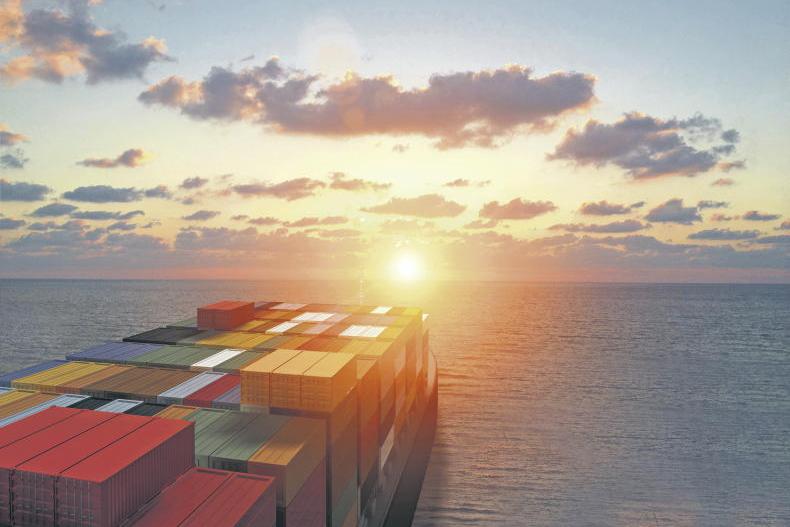
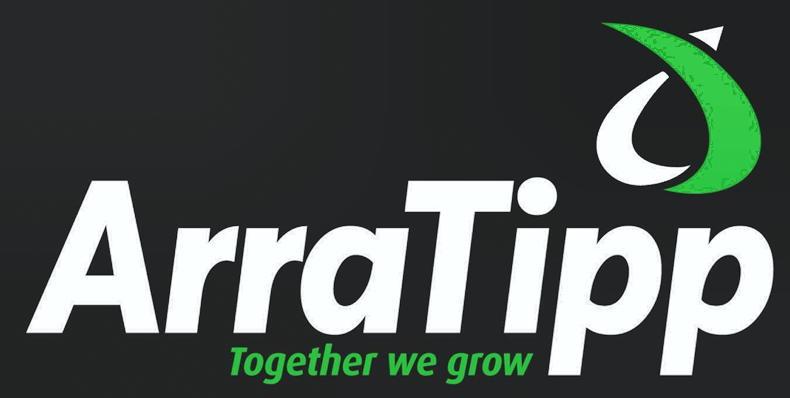
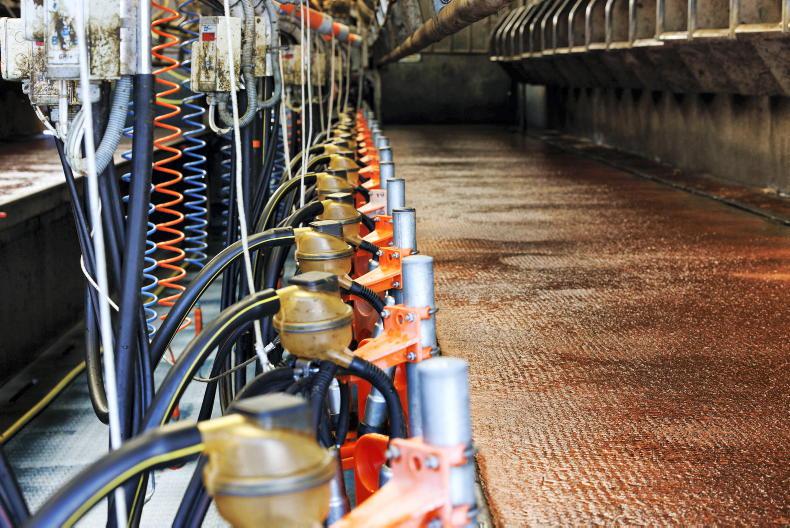
SHARING OPTIONS